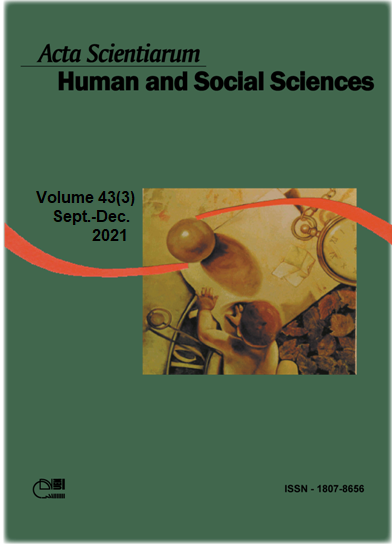Causation in memory: necessity, reliability and probability
Résumé
In this paper, I argue that causal theories of memory are typically committed to two independent, non-mutually entailing theses. The first thesis pertains to the necessity of appropriate causation in memory, specifying a condition token memories need to satisfy. The second pertains to the explanation of memory reliability in causal terms, and it concerns memory as a type of mental state. Post-causal theories of memory can reject only the first (weak post-causalism) or both (strong post-causalism) theses. Upon this backdrop, I examine Werning’s (2020) causalist argument from probabilistic correlation. I argue that it doesn’t establish the necessity of appropriate causation, and thus it can only target strong post-causalist theories. I end up by presenting some general considerations, suggesting that memories may not always be causally linked to past experiences.
Téléchargements
DECLARAÇÃO DE ORIGINALIDADE E DIREITOS AUTORAIS
Declaro que o presente artigo é original, não tendo sido submetido à publicação em qualquer outro periódico nacional ou internacional, quer seja em parte ou em sua totalidade.
Os direitos autorais pertencem exclusivamente aos autores. Os direitos de licenciamento utilizados pelo periódico é a licença Creative Commons Attribution 4.0 (CC BY 4.0): são permitidos o acompartilhamento (cópia e distribuição do material em qualqer meio ou formato) e adaptação (remix, transformação e criação de material a partir do conteúdo assim licenciado para quaisquer fins, inclusive comerciais.
Recomenda-se a leitura desse link para maiores informações sobre o tema: fornecimento de créditos e referências de forma correta, entre outros detalhes cruciais para uso adequado do material licenciado.


























